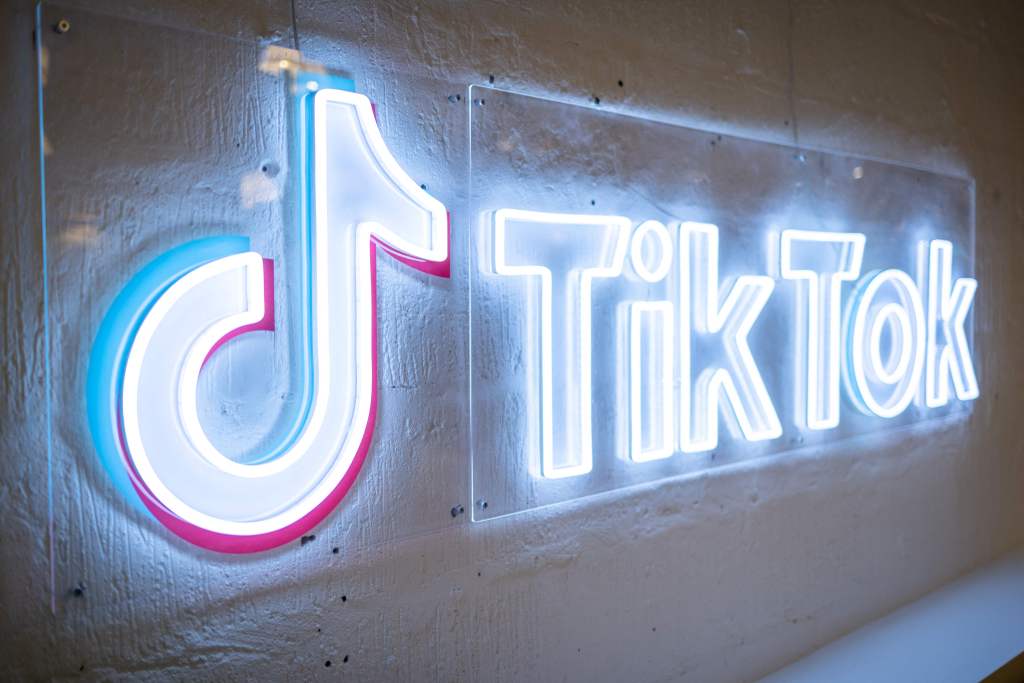A bill threatening to ban an app beloved by half of the American population just rocketed through the House of Representatives in a week’s time. But in the other chamber of Congress, things are likely to be much more complicated.
TikTok the company and TikTok the chaotic community of creators and their followers are rightfully freaking out right now. Both were caught off guard by a sudden regulatory frenzy that appeared to emerge out of nowhere, pushing at least as far as previous failed attempts. But the legislation, which passed overwhelmingly in the House, has no counterpart in the Senate. And it’s far from apparent that the upper chamber of Congress shares the House’s appetite for laser-targeting a single tech company with tailored legislation, among the bill’s other problems.
After the bill’s passage in the House, lawmakers in the Senate began to wade into the conversation, but some powerful voices have yet to make their position known. Senate Majority Leader Chuck Schumer, who has the power to set the chamber’s priorities and wrangle Democrats for a unified vote, said only that the Senate “will review the legislation when it comes over from the House.” If Schumer intended to fast-track a Senate version of the bill, this would have been the moment to ride the House’s momentum and rally support, but he remains noncommittal for now.
Senate Commerce Committee Chair Maria Cantwell (D-WA) set a similar tone, though registered her concerns about countries like China potentially exploiting Americans’ personal data. “These are national security threats and it is good members in both chambers are taking them seriously,” Sen. Cantwell told TechCrunch in an emailed statement. “Following today’s House vote, I will be talking to my Senate and House colleagues to try to find a path forward that is constitutional and protects civil liberties.”
Cantwell’s nod to the constitution hints at the First Amendment fight that will likely erupt in court if the House bill finds its way into law. TikTok successfully fought back against a state-level ban on the app in Montana last year, arguing that the law was unconstitutional. A TikTok spokesperson previously characterized the legislation as a government attempt to “strip 170 million Americans of their Constitutional right to free expression,” hinting at the direction a future legal battle would likely take.
While some members of the Senate demurred, others came out swinging. Senate Intelligence Committee Chairman Mark R. Warner (D-VA) and Vice Chairman Marco Rubio (R-FL) issued a joint statement quickly after the bill passed in the House.
“We are united in our concern about the national security threat posed by TikTok – a platform with enormous power to influence and divide Americans whose parent company ByteDance remains legally required to do the bidding of the Chinese Communist Party,” Warner and Rubio said in an emailed statement, adding that they planned to work together to pass the bill in the Senate. Their Senate committee, which is frequently briefed on national security matters, is particularly relevant given the nature of the concerns expressed by TikTok’s critics in Congress.
Missouri Republican Josh Hawley, who frequently sows concern about China, registered his support for a Senate version of the TikTok bill following the vote. “NOW is the time to act on TikTok and stop China spying,” Hawley wrote on X. “The Senate should take up this bill immediately.” Still, Hawley told Axios that the legislation is likely to die a “death by a thousand cuts” if the Senate takes it up at all, given the chamber’s failure to regulate big tech companies.
Senator Marsha Blackburn, another Senate Republican hawkish on China, also expressed her support for pushing a version of the House TikTok bill through. “I am so pleased that the House moved their legislation forward…That is a very good sign,” Blackburn said in an emailed statement.
For Senate Republicans, there’s another massive wrinkle in the war on TikTok. Former President Donald Trump, who himself initiated the idea of a forced TikTok sale four years ago, is no longer in support of a TikTok crackdown. Trump explained his abrupt about-face on TikTok by pointing to the benefit a ban or force divestiture could have on Meta, which suspended the former president’s account over his role in inciting violence on January 6.
“Without TikTok, you can make Facebook bigger, and I consider Facebook to be an enemy of the people,” Trump told CNBC. Trump’s tune on TikTok may have changed following a recent meeting with billionaire Republican donor Jeffrey Yass, who owns a 15% stake in TikTok’s Chinese parent company ByteDance.
With President Biden calling for the TikTok bill’s passage while Democrats demur, and tough-on-China Republicans falling out of step with their party’s own leader, TikTok’s fate in the U.S. is far from sealed.
As time ticks on, TikTok gains an opening to work against the legislation on Capitol Hill. And TikTok creators and their followers have more time to register their own opposition to the bill, calling attention to the massive chunk of the American electorate that stands to be alienated by a ban on TikTok in an election year.































Comment